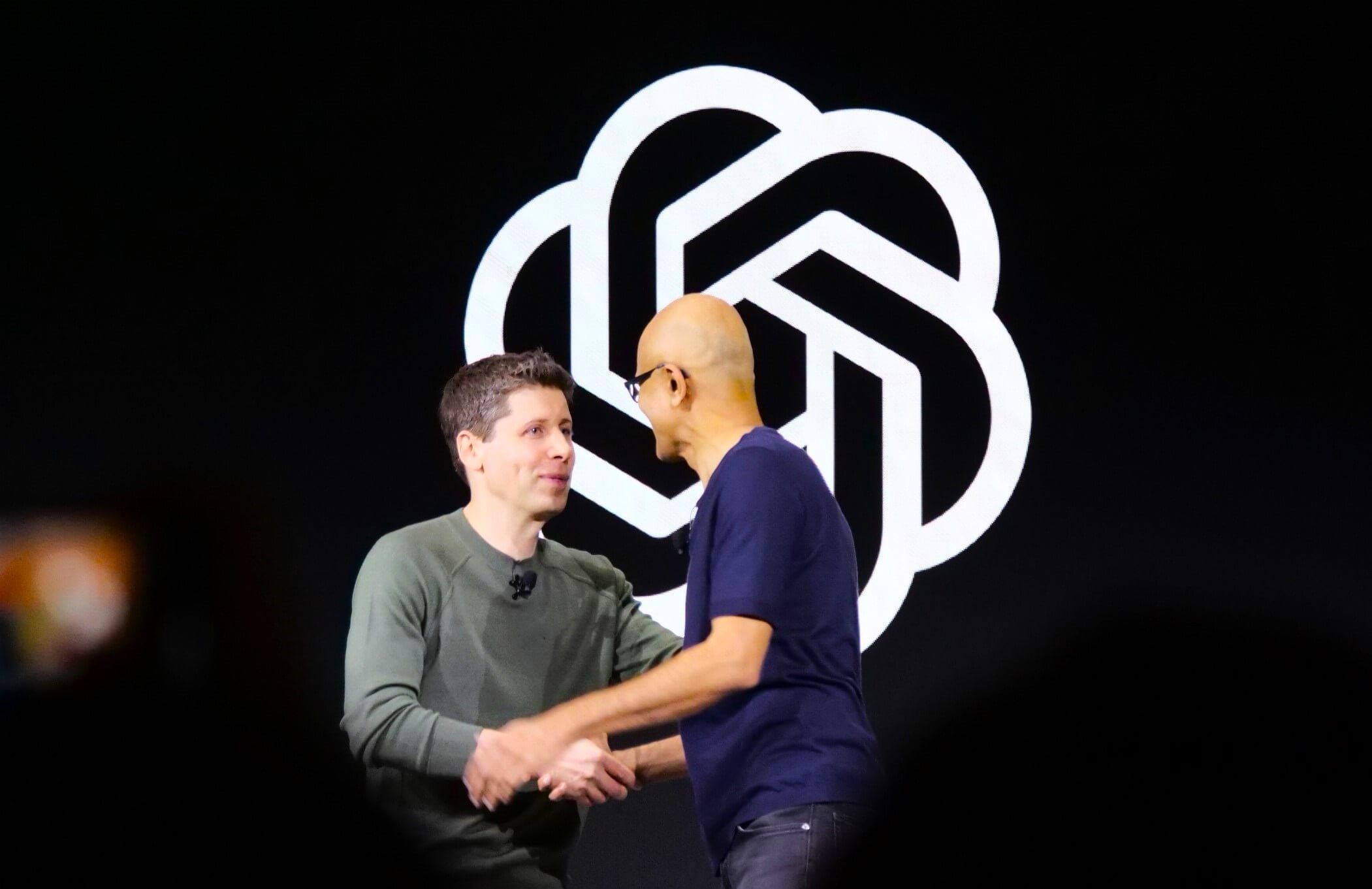Two prominent authors, Nicholas Basbanes and Nicholas Gage, have launched a new legal battle against tech giants Microsoft and OpenAI. Their lawsuit accuses the companies of copyright infringement, claiming that parts of their books were used to train the popular ChatGPT AI language model without their consent. This case raises critical questions about copyright and ownership in the era of artificial intelligence.
Fueling the Flames of Creativity: Large language models like ChatGPT are trained on massive datasets of text and code, enabling them to generate human-quality writing and engage in complex conversations. This power, however, comes at a cost. Training these models often involves ingesting vast amounts of copyrighted material, raising concerns about fair use and potential unauthorized infringement.
Lines in the Sand: The Basbanes and Gage lawsuit argues that Microsoft and OpenAI crossed a crucial line by incorporating their copyrighted works without permission. This could have significant implications for the way AI models are developed in the future. Should creators be compensated for their contributions to training data? How can fair use be applied in the context of AI?
Beyond the Battlefield: The legal battle between these authors and the tech giants extends beyond individual cases. It represents a wider struggle for control and value in the digital age. Authors, artists, and other creators are increasingly concerned about how their work is being used to fuel AI innovation without proper recognition or compensation.
Echoes of the Past: This lawsuit also echoes past debates about copyright infringement in the digital realm. The music industry, for example, faced similar challenges with the rise of Napster and other file-sharing platforms. The outcome of this case could set a precedent for how copyright is interpreted and enforced in the context of AI.
A Call to Action: The lawsuit against Microsoft and OpenAI is a wake-up call for the tech industry and lawmakers alike. It highlights the need for clearer guidelines and regulations governing the use of copyrighted material in AI development. Additionally, creators deserve transparency and a voice in how their work is used to train and shape these powerful new technologies.





